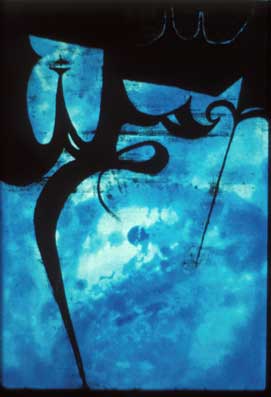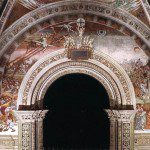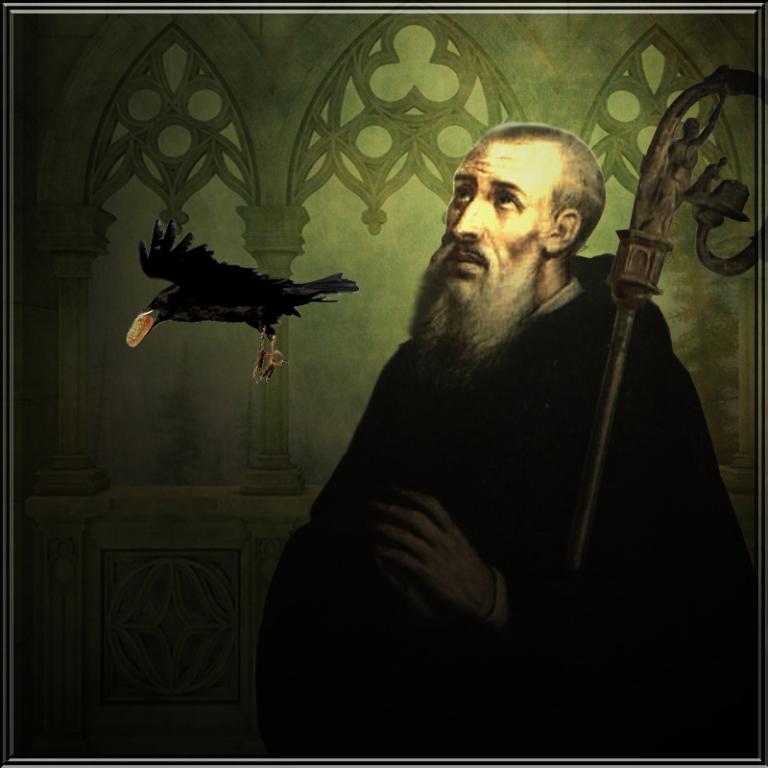
One of the cases that broke open the abuse scandal in the Catholic Church in the United States took place in the Archdiocese of Milwaukee. A priest, working at a school for the deaf in the 1950s through the 1970s, abused the boys there. He later admitted that he abused them even during the Sacrament of Reconciliation. Now let me repeat this, so it properly twists us apart: a priest abused deaf boys in the midst of confession.
You must know by now that the conversation we are about to have is very difficult.
There are many, many horrific images that emerged as victims of priestly abuse began to speak. As people started to listen. The one that has haunted me the most is the one of the priest abusing deaf boys in a confessional. There is, for me, no more concise image for everything that goes absolutely, terribly, unforgettably wrong in abuse. We must imagine, however briefly, the sacred quiet of what should have been an intimate conversation between a child of God and his Savior. We must imagine the loss of that quiet, and the loss of that child. Even for just a moment, we must know that this quiet and this child were insidiously broken by intimacy of an entirely different kind – invading that holy darkness like something foreign and nameless and cold. This intimacy was broken by someone who should have been an instrument of that nearness between a child and his Creator, rather than its destroyer.
Like I said: in that moment, everything goes wrong.
In that moment, the holy becomes an instrument of the unholy.
This is true of any abuse, though I cannot pretend to have the clarity of insight it would take to draw all of those lines for us. What I know is this: a child’s trust is sacred, and a child’s trust is precisely the instrument wielded by abusers to effect their abuse. This trust extends well beyond whatever trust the child had for their abuser. It is a trust embedded deep in the web of everyone the child knows, everyone who led the child into this moment, however unwittingly. Just as sacredness is never a self-enclosed reality, so neither is its betrayal.
Oh, my heart cannot handle this. I cannot bear knowing that there is a moment when the holy becomes an instrument of the unholy. When intimacy becomes terror. But it’s true. It’s true.
I never know how to relate to this, personally. To this truth. (If one can relate at all to a lack of goodness, a horror, a lie. Aristotle would point out that, technically, we cannot.) I know that I know how that moment feels. I know that I knew that feeling as a child. And I also know that knowing a certain kind of suffering does not mean we really know it at all. Victims understand each other, but they are not interchangeable with one another. No initiate to suffering becomes its master.
Oh, my heart cannot handle this. The terrible fragility of everything sacred: just one small turn, and light becomes darkness. One glance away from Christ, and God’s instrument on earth – the Church – becomes a weapon of the unspeakable. Or, at another angle: one glance away from Christ, and God’s instrument on earth – the family – becomes a weapon of the unspeakable.
In Heart of the World, Hans Urs von Balthasar has Christ write a letter to the Church:
I am endangered within my own Body; it is within me that my deadly enemy lies in wait. … In this, too, have I become like you: just as temptation rises within you from your own flesh, so, too, does the deepest threat leap up against me from my own flesh. The spirit is willing and strong, but the flesh is weak, and where the spirit borders on the flesh it is vulnerable, having to come to terms with weakness. That is a borderline where the spirit has always betrayed itself, giving itself away (194-195).
For me, the Church was a source of stability and safety while the world outside it, including the intimate world of my family, was not safe. I have always been grateful for this, and I can barely imagine what it would have been to have my trust in the Church torn from me. Yet I suppose at some level I can dimly imagine it, since my trust in my family was torn from me. (How I hate that these are images of each other. And yet how strangely comforting, since in their broken resemblance, they hint at a glorious one. A darkened image of a should-have-been.)
I do not think that what is holy can, of itself, cease to be holy. But that does not mean that it cannot be used for what is not.











